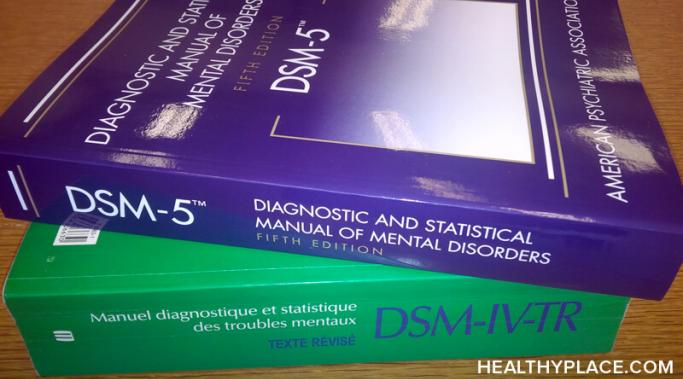Living with mental illness doesn't make you weak. If anything, it requires immense strength to fight a war in your mind, one that nobody can see. It's stigma that reinforces the idea that mental illness makes you weak.
Mental Health for the Digital Generation
Life has changed drastically since the COVID-19 pandemic; it's why the term "new normal" was used to describe the post-pandemic world. From work and education to social interactions and healthcare, virtually every aspect of life was affected. Although the World Health Organization declared the end of COVID-19 as a public health emergency on May 11, 20231, many of these aspects never returned to normal. In fact, the disease is around to date, which is why some people still wear masks in public spaces. Since the world went into survival mode for a couple of years, we didn't have time to process the monumental changes we were going through. But now that we are no longer in a crisis, I wonder if we have mentally adjusted to the new normal.
Do you feel frustrated when people can't pronounce your name correctly? I can relate because my name is unique, and most people mispronounce it. Worse, instead of learning the correct pronunciation, they conveniently shorten or change it without my consent. If people can't pronounce your name correctly, read on to know how you can cope with the consequent distress.
Do you feel like something is missing in your life? You are not alone. From time to time, so do I. A recent session with my therapist revealed that this isn't new: humans have always been dissatisfied with their lives. She said we are only experiencing it more frequently today because of factors like social media comparison, increased capitalism, and the belief that one can have it all. These factors have come to define civilized life, and we cannot control most of them. However, we can control our reactions to them to minimize life dissatisfaction. Let's take a look at what my therapist told me about feeling something is missing.
While randomly browsing the Internet in 2015, I came across a powerful phrase: Be who you needed when you were younger. At the time, I was a recent college graduate who had no idea what to do with her life. As a result, the phrase seemed irrelevant to someone like me. However, knowing what I know now, I am convinced that anyone can live by this motto if they want to. You can be who you needed to be when you were younger.
Forced gratitude happens thanks to the fact that gratitude is trendy -- it's been in for a couple of years now. And whenever something becomes popular, many of us jump on the bandwagon. Of course, it may be that practicing gratitude benefits your mental health. But what if your gratitude isn't genuine but forced? Can it then backfire and harm your mental health? Let's take a look.
Have you considered self-love this Valentine's Day/? Irrespective of whether you are single, committed, divorced, widowed, or self-partnered, Valentine's Day is a day when you should prioritize self-love. Here's why.
Money dysmorphia involves spending too much. When was the last time you went on a shopping spree? I'm not judging you; everybody needs a little retail therapy every now and then. But if you find yourself indulging in shopping too much, you may have money dysmorphia.
Time flies when you are neurodivergent. I know this because I am not neurotypical, given that I have been diagnosed with double depression and generalized anxiety disorder. I am aware that many people do not consider depression and anxiety as neurodiverse conditions. But I do, and my lived experience matters. Plus, my psychiatrist himself told me that having depression and anxiety for years has changed the structure of my brain such that it is different from that of a person without depression and anxiety. So, let's talk about time and neurodivergence.
For the longest time, I felt something was wrong with me for being an introvert. While most kids my age loved noisy parties and socializing, I preferred quiet one-on-one conversations and the company of books. In tenth grade, when an unimaginative bully called me "boring," I took her jibe to heart. It took me a couple of years to realize she was dead wrong. I am not boring; I am an introvert. And there is nothing wrong with being an introvert.









